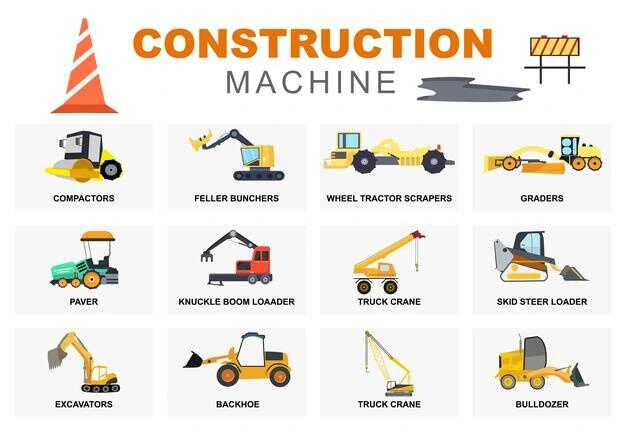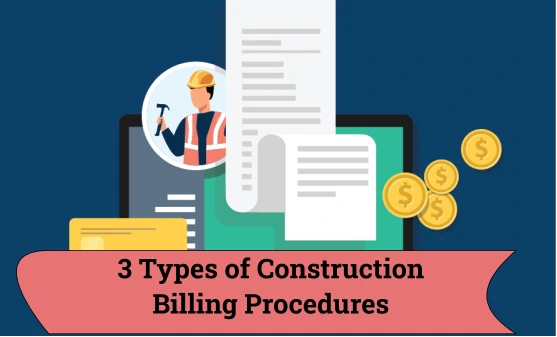Contractors vs Subcontractors
Construction projects are accomplished by participation of several parties assigned to do specific jobs. A client/owner who needs to get his construction project done, generally invites tenders for the project after which the best suited contractor is called for signing the contractual documents to begin work. The one who acquires a project contract is termed as a General Contractor. The general contractor then brings on board subcontractors to accomplish distinct tasks included in the project.
Knowledge & Management
A contractor is given a construction project because, not only does he know about the technicalities involved but also about the various management processes involved throughout the different phases of the project. It is thus the responsibility of a contractor to see through the entire project until completion. A subcontractor on the other hand specializes only in one or many construction tasks such as concreting, excavating, barbinding, etc. This is the reason why a contractor needs the services of several contractors and thus hires them for completing the specific tasks.

Labourers
Contractors don't hire labourers for completing a project. They bring on board subcontractors to finish distinct parts of the project. The contractors thus increase their profit margins as they have to pay in whole to a subcontractor instead of paying regular salaries to hired staff. This also reduces the load on the contractor by eliminating excess efforts needed in maintaining staff attendance, salaries and perks. Subcontractors do need to keep records of their labourers and their attendance. This extra effort is put into by the subcontractors since they are responsible for the labourers working under them to complete the assigned part of the project. The subcontractors can also increase their profits by completing the assigned task much within the stipulated time or budget or both.

Availability of Work
Contractors receive more work with experience and market sustainability. The contractors always try to build trust among clients to gain as many contracts as they aim to accomplish. Whereas a subcontractor builds relationships with the contractors to receive work throughout the year in the task in which they specialize. Contractors have to go through several tedious steps before bagging a contract and even after that, they have to complete the contract and agreement formalities before starting work. Unlike contractors, subcontractors get work only on the basis of reputation in the market and relationship with contractors. Neither do they have to go through lengthy steps to get work nor do they have to through a tiring contractual process.
Answerable to whom
If we look at the contracting sequence it is clearly visible that the contractors are answerable to the client and subcontractors are answerable to their respective contractors. The subcontracts are not connected to the client for any work. In case of any discrepancy the client will hold the contractor responsible who in turn will hold the respective subcontractor accountable for their work.

Equipments & Machinery
In a construction project many types of equipment and machinery are needed which are used to complete different tasks. These are quite costly and have high maintenance charges. These are purchased by a contractor to improve his work area and acquire more projects based on owning these machinery. This surely is risky and a heavy investment done by the contractor. Subcontractors do not need to buy these machines, as they can already use those from the contractors. This increases the cost borne by contractors whereas subcontractors are free from this investment cost.

Some more differences. . .
Contractors need to expend a good chunk on hiring qualified engineers and maintaining office space. They also have to provide hutments on site or lodgings for labourers and temporary office setups on site as per requirement. All this excess cost is borne by the contractors whereas subcontractors are saved from these costs. Subcontractors generally get paid on a daily basis or on completion of tasks which does not require much paperwork. Contractors on the other hand have to fill in and apply for payments with a good amount of paperwork to the client which takes some time to be processed.






